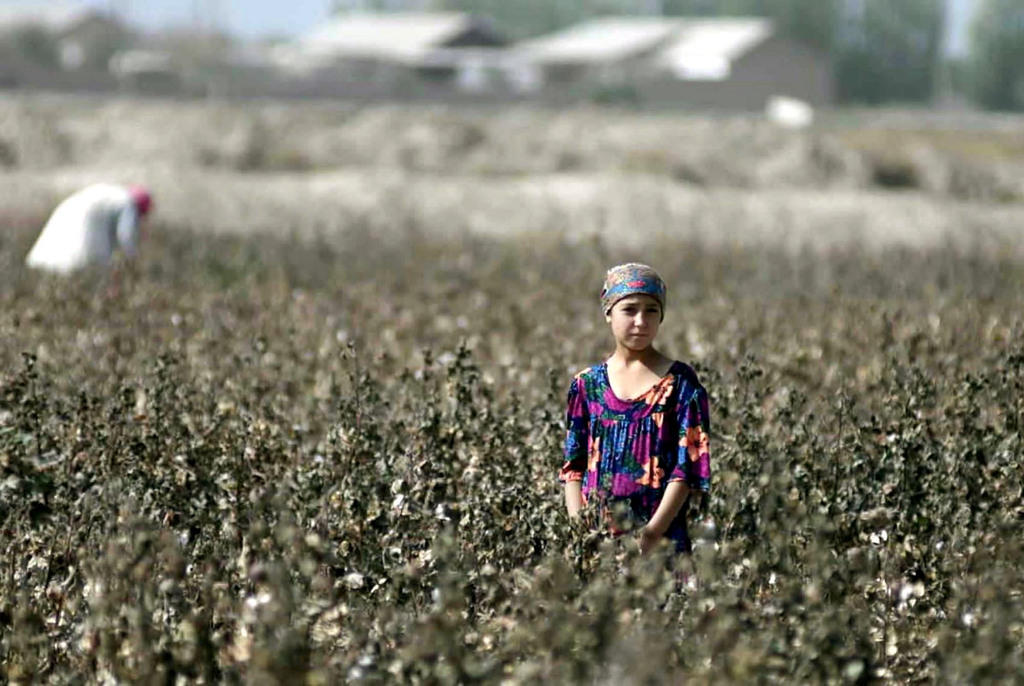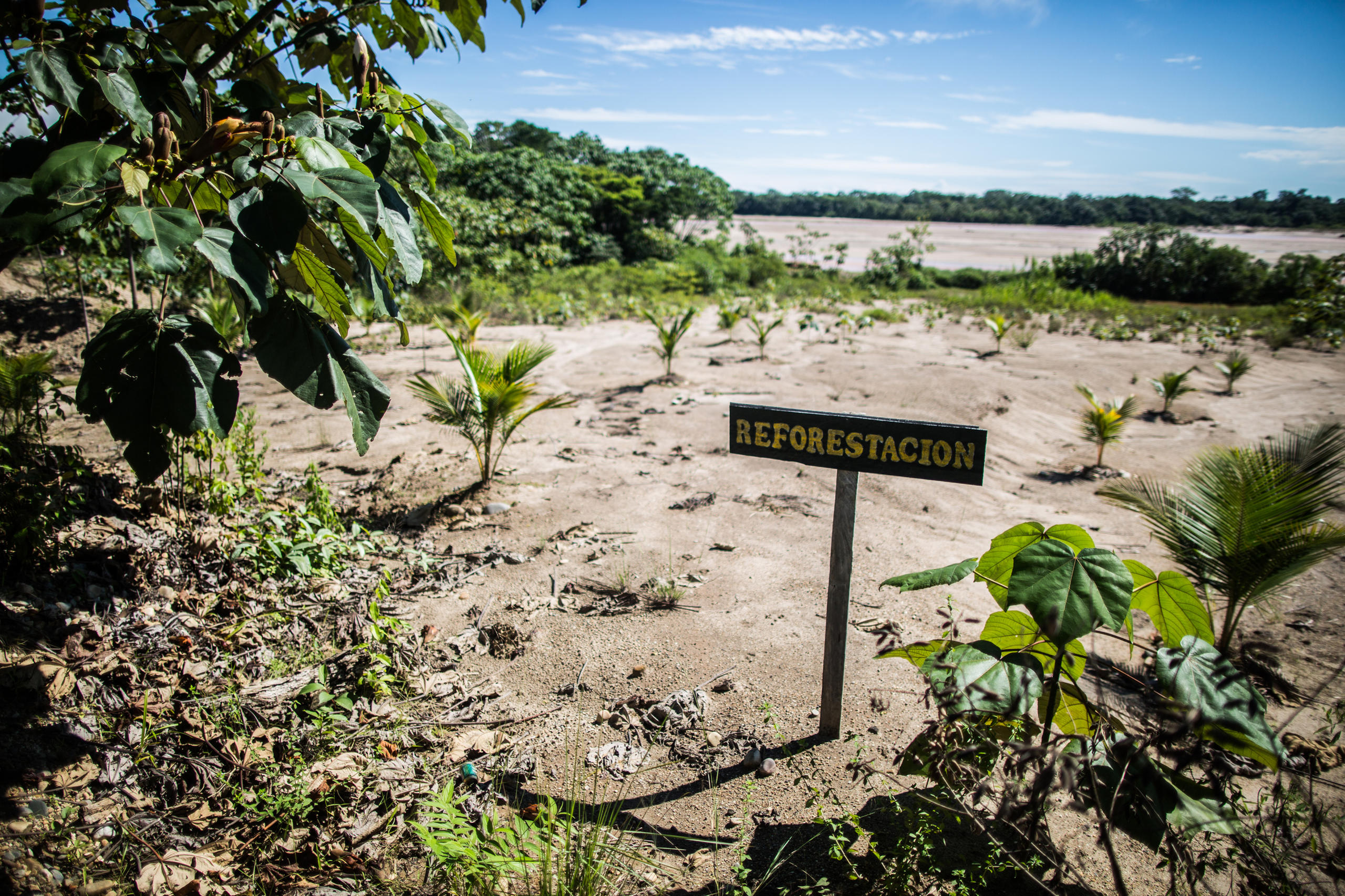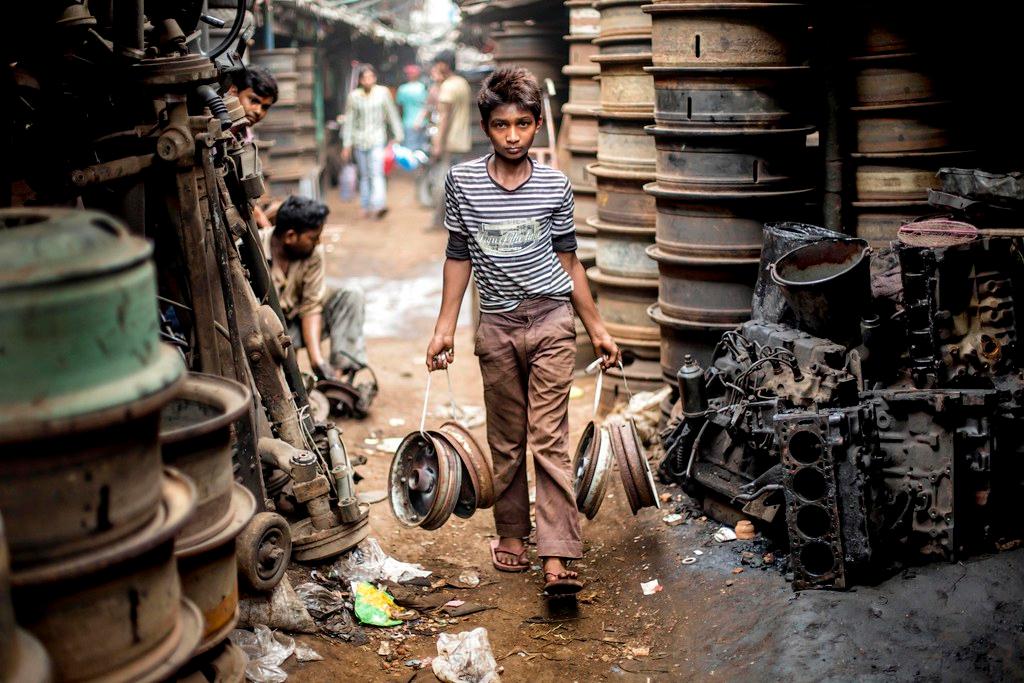Why Swiss businesses oppose plans for corporate liability

The Swiss Business Federation (economiesuisse) is leading the opposition against plans which aim to make Swiss companies accountable for business activities abroad.
In an interview with swissinfo.ch, Monika Rühl, the CEO of economiesuisse, warns that the people’s initiative would put Swiss companies, already weakened by the pandemic, in great difficulty.
The business federation is the umbrella organisation made up of more than 120 associations and trade chambers.
Under the proposal – to come to a nationwide vote on November 29 – the Swiss constitution will be amended by an article to ensure that companies based in Switzerland and the companies they control respect human rights and environmental standards also abroad.
Parliament has drawn up a counter-proposal, which will enter into force if the initiative is rejected at the ballot box.
This legal amendment provides for reporting obligations on environmental, human rights and corruption issues. It also imposes duties of care in the area of child labour and minerals extracted in conflict zones. However, there are no new rules on corporate liability.
swissinfo.ch: You say this initiative is an ‘experiment’ that has no equivalent anywhere in the world. How does it differ from regulations in other countries?
Monika Rühl: The initiative is based on a combination of three instruments: a comprehensive accountability for the respect of human rights, environmental standards and business relationships. [Second], liability for misconduct by foreign companies in their economic relations with Swiss companies, and [third], a reversal of the burden of proof. This means that in the event of damage caused by a third party abroad, the Swiss company could be subject to a complaint in Switzerland and would have to demonstrate that it has analysed and monitored all of its business partners without error.

Liability for third party fault with a reversal of the burden of proof is not known either at the international level or in France, even though French legislation is one of the most demanding in the world.
swissinfo.ch: What would be the consequences of accepting this initiative for Swiss companies?
M.R: This would involve excessive costs to carry out this due diligence, which covers all business relationships, at a time when Swiss companies are already in great difficulty with the coronavirus crisis.
There is also a risk of compensation claims being filed in Switzerland for the misconduct of foreign companies abroad, which could lead to blackmail in court, particularly in countries where all-out attacks are permitted between competing companies.
Complaints against Swiss companies would have a negative impact on Switzerland as a business location and tarnish the image of our companies. Those who would benefit would be lawyers specialising in such cases and competing companies.
swissinfo.ch: Since the complaints would only concern violations of human rights and environmental standards, do you really think that a lot of procedures would be launched?
M.R.: The initiative promoters seek to destabilise Swiss companies to some extent. If you are ill-intentioned, you don’t necessarily sue to win but to damage a company’s image. These court proceedings can last for years, and even if a company is found innocent, its reputation will already have been damaged.
swissinfo.ch: You argue that the initiative would be counterproductive in developing countries. What are the reasons for this?
M.R.: Swiss companies, also through their direct investments, create two million jobs worldwide, a third of which are in developing and transition countries.
Numerous studies show that the best way out of poverty is to have a job. However, if Swiss companies were to consider that the risks associated with their activities in these markets are too high, they could decide to withdraw from these countries and the local population would suffer, as a result of job cuts.
swissinfo.ch: How can we ensure that Swiss companies respect the environment and human rights abroad?
M.R.: We share the concern of the initiative group: Swiss companies must respect the environment and human rights. But we do not agree on the means. Companies are already acting very responsibly and addressing problems in a constructive manner. We believe that it is easier to find solutions through dialogue than through complaints in court.
If the initiative is rejected, the counter-proposal would automatically be implemented. This would also advance the cause of the initiative promoters, without introducing risks for third-party practices that Swiss companies may not be able to control.
The counter-proposal introduces new duties of due diligence as well as an obligation of transparency in several areas. It is a modern and binding piece of legislation that would make Switzerland a pioneering country.
swissinfo.ch: Do you have two concrete examples of how Swiss companies are trying to be more responsible abroad?
M.R.: Swiss companies are very active around the world, for example in eradicating child labour in cocoa farming or in taking measures in collaboration with local NGOs or gold refiners to ensure respect for human rights in certain artisanal mines.
swissinfo.ch: In the absence of binding measures, don’t you think there will always be companies that prefer to make a maximum profit and turn a blind eye to environmental destruction and human rights violations?
M.R.: Swiss companies do not operate in a legal vacuum. A company operating abroad must comply with the binding legislation of that country as well as with international obligations. If, for example, a Swiss company violates Indian law, it will have to justify itself before Indian courts.
Following the logic of the initiative, we have the arrogance to claim that Swiss law and Swiss courts should have the upper hand over local legislation. While other countries are just as sovereign as we are, we are not.
Text adapted from French/urs

More
Corporate responsibility divides business and civil society
Adpated from French/urs

In compliance with the JTI standards
More: SWI swissinfo.ch certified by the Journalism Trust Initiative
















Join the conversation!